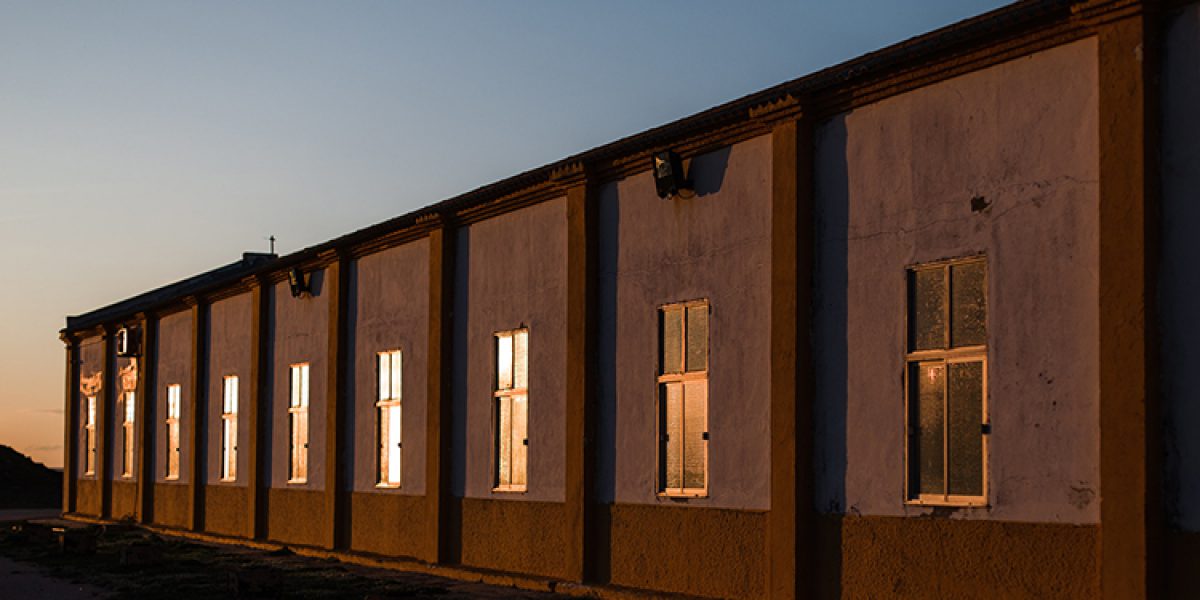Detention Centres in Spain: SJM’s Annual Report 2019
06 July 2020

“Ten Years Looking the Other Way” is the title of the new annual report on the detention of irregular migrants of JRS Europe’s partner in Spain, the Jesuit Migrant Service (Servicio Jesuita a Migrantes, SJM).
Throughout 2019, 6,473 immigrants were put in immigration detention. 3,871 were forcefully repatriated from a CIE (59.80% of the total number of detainees) while 2,513 were released and 89 left the CIEs due to other circumstances (transfer, death). One in three people in detention applied for asylum from the centres, which means 10% more than the previous year.
Violations of rights
Immigration Detention Centres (CIEs) do not guarantee respect for human rights, often fail to comply with internal operating regulations and are ineffective for their purpose. After more than 30 years of CIEs we can affirm that these detentions are disproportionate and illegitimate, and these centres unnecessary and ineffective. The CIEs are an example of Europe’s hostile attitude towards the most disadvantaged migrants who are locked up for up to 60 days without this deprivation of freedom being really justified.
SJM Conclusions and Recommendations
The closure of the CIEs is the only possible future. According to the law, detention should be reduced to the minimum, a measure applicable only as a last resort. There are other alternatives to detention that consider human rights and require less budgetary investment.
Despite having reasons to close the centers, if the government keeps them open, they have to guarantee the quality of life of the detainees. It is necessary to improve the identification procedures, have more accurate means of proof and to have a switch in mentality that puts protection before deportation. There are detainees who should not be in the CIEs according to the law, since they are entitled to some kind of protection: minors, victims of human trafficking, those with a refugee profile or in need of subsidiary protection or because they suffer from physical or mental health problems.
It is time to design and apply policies that soften the impact of the crisis, facilitate regularization processes and prevent future irregularities. It is not time to think about repressive immigration policies and detention as a show of force that only reassures public opinion in the country… because it does not have any deterrent effect on immigration. To new times, new policies.
The full SJM’s Annual Report 2019 on detention centres in Spain is available in Spanish.
A summary is available in English.
